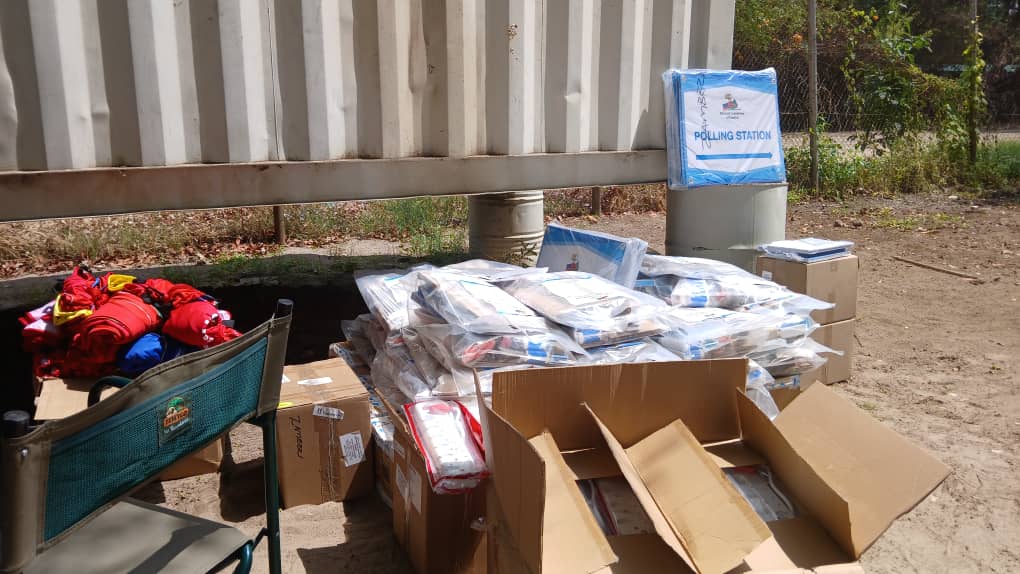The Ongwediva Rural Development Centre (RDC) has trained about 300 rural community members on poultry farming and adding value to locally underutilised fruits, vegetables and crops.
The idea is for them to generate incomes from these activities, and thus contribute to Namibia’s effort to promote food production, poverty eradication and food security, says the centre’s spokesperson, Bilha Iipumbu.
She says the training was conducted under the centre’s development and outreach unit, and included livestock management, horticulture training, home economics training, local natural resources value addition, and assistance from community to community.
The Ongwediva Rural Development Centre caters for the Oshana, Omusati and Ohangwena regions.
Iipumbu says the training sessions were held at Elombe, Okaandja and Uuvudhiya villages.
“Those who were training really responded positively to the sessions and some have already started setting up their poultry farming activities,” she says.
Iipumbu says because of poverty in rural areas the centre encouraged the trainees to set up their poultry farming sites using locally available materials.
After the training, trainees were given a total of 60 chicks to start with.
This was, however, disrupted by broken incubator machines, and the centre is in the process of acquiring a new one.
“We have also told them they need to have chicken feed. We only provide them with chicks and not with chicken feed,” she says.
Iipumbu says the centre also trained people from rural communities in the three regions on how to make foods and drinks from locally underutilised fruits and vegetables, such as juice from the Roselle plant (Hibiscus sabdariffa), locally known as mutete, jam from water melons (Citrullus lanatus) and cakes from mahangu flour.
During the recently held Annual Ongwediva Trade Fair, the centre exhibited juices made from mutete and jams from water melons.
“People really like these products,” she says.
Under the appropriate technology unit, the centre produces agricultural equipment that are specifically designed to suit the needs of rural areas, such as cattle drinking troughs, hammer mill machines and animal feed and crushing machines, which were also exhibited at the trade fair.
Iipumbu was part of a group of Namibian women who underwent training on how to process underutilised fruits, vegetables and crops by enhancing value as part of a collaborative research project between Namibia and Mozambique.
Teopolina Nghipunya from Ohadiwa village in the Ohangwena region is one of the people who have undergone this training.
She says after the training, she was provided 30 chicks.
“We were provided with valuable information by the centre, ranging from how to feed them keep, them clean, and how to prevent them from catching diseases,” Nghipunya says.
She says her chicks, which have grown to 175, are currently laying eggs.
“The training provided to us by meme Bilha was really of great use. The only challenge we face as poultry farmers is the high cost of chicken feed,” she says.
Nghipunya says the market for selling chickens is, however, stagnating.
She says she currently has 45 hens she wants to sell, because they are now old and cannot lay eggs any more, but that she is struggling to do so.
Stay informed with The Namibian – your source for credible journalism. Get in-depth reporting and opinions for
only N$85 a month. Invest in journalism, invest in democracy –
Subscribe Now!






